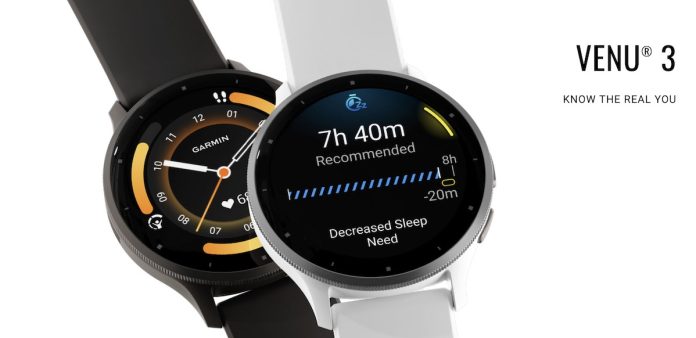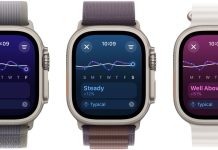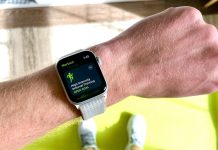Are you interested in a smartwatch that is heart health-ready? There are multiple choices out there today, from Garmin, Fitbit, Samsung, and Apple. This short article explains the differences between the Apple Watch ECG and the current generation ECG on the Garmin watches.
The CDC estimates AFib, or Atrial fibrillation, can affect up to two percent of the younger population and nine percent of those 65 years and older in the US.
Users interested in heart health are therefore very interested in the Afib detection functionality and a feature where one can quickly send their watch’s ECG report to their physician.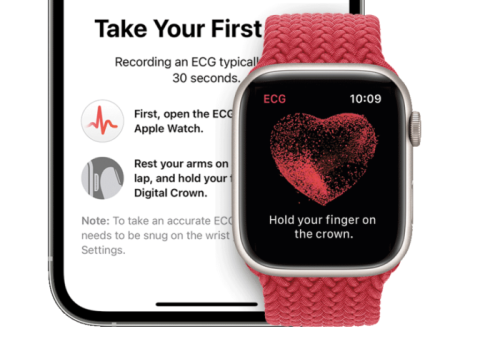
Atrial fibrillation (AFib) is a chronic condition where an irregular heart rhythm is caused when the upper chambers of the heart beat out of sync with the lower chambers.
AFib and other irregularities in heart rhythm are more common as people age. While some people with AFib don’t experience any symptoms, many experience symptoms such as rapid heartbeat, palpitations, fatigue, or shortness of breath.
Contents
Related reading:
- Swiss Physicians favor Apple Watch ECG readings over that of other consumer devices
- Mayo Clinic Researchers can now detect weak heart pumps from Apple Watch ECGs using AI
- Cardiologs AI enhances the quality of Apple Watch ECG readings
Difference between Apple Watch ECG and Garmin ECG (active vs passive monitoring)
There are two main differences between the ECG functionality on the Apple Watch and the ECG feature on the Garmin Smartwatch. The watch monitors for AFib detection in the background with the Apple Watch.
With the Garmin Watch, you have to manually use the ECG functionality to check for signs of AFib.
This is a significant difference as it shows that Apple pushes more for background data collection than active AFib monitoring based on user requests.
You also cannot take new ECG recordings if your Garmin watch storage is full. To make room for new ECG recordings, You need to free up space on your Garmin watch by deleting unwanted apps, music, or podcasts. This could be an issue for some users.
Furthermore, the Apple Watch has been used in numerous studies showing that it can detect additional types of arrhythmias beyond AFib.
Apple Watch ECG functionality
Apple introduced its Electrocardiogram (ECG) functionality with the introduction of the Apple Watch Series 4 in 2018.
The Cupertino giant worked with the Food and Drug Administration (FDA) for several years to receive the De Novo classification for the ECG app and the irregular heart rhythm notification, making the features available over the counter.
Before the approval by the FDA, Apple had worked considerably with Stanford Health to test the features. The Apple Heart Study was launched with Stanford University collaboration in 2017 to help identify irregular heart rhythms using the Apple Watch.
Apple Watch has seen several iterations of the Heart Health algorithm and features
Apple’s ECG algorithms have undergone several changes over the years, and the company has filed additional support with the FDA for the changes to the algorithm. 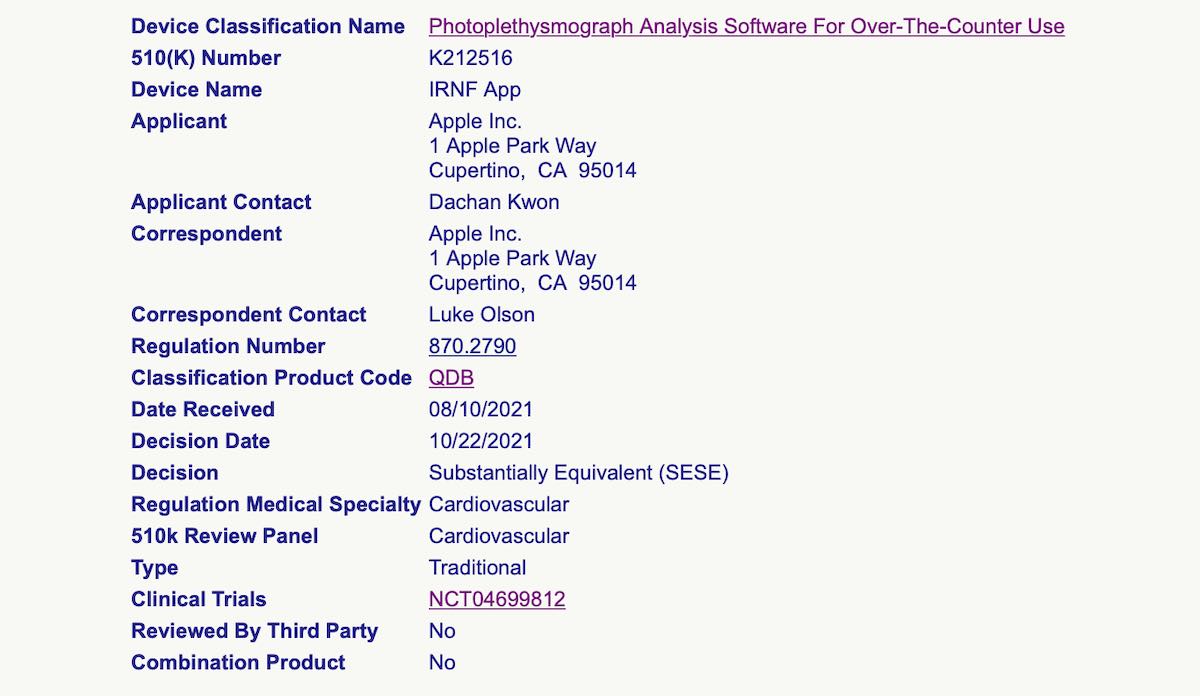
In November 2021, we reported that the company obtained 510(k) clearance for changes to its IRNF( Irregular heartbeat notification feature). Health studies have shown that the Apple Watch software can help detect other arrhythmias apart from Afib.
The most notable feature change in the heart health area was released at the end of December 2022 when the company announced its Afib History feature on the Apple Watch.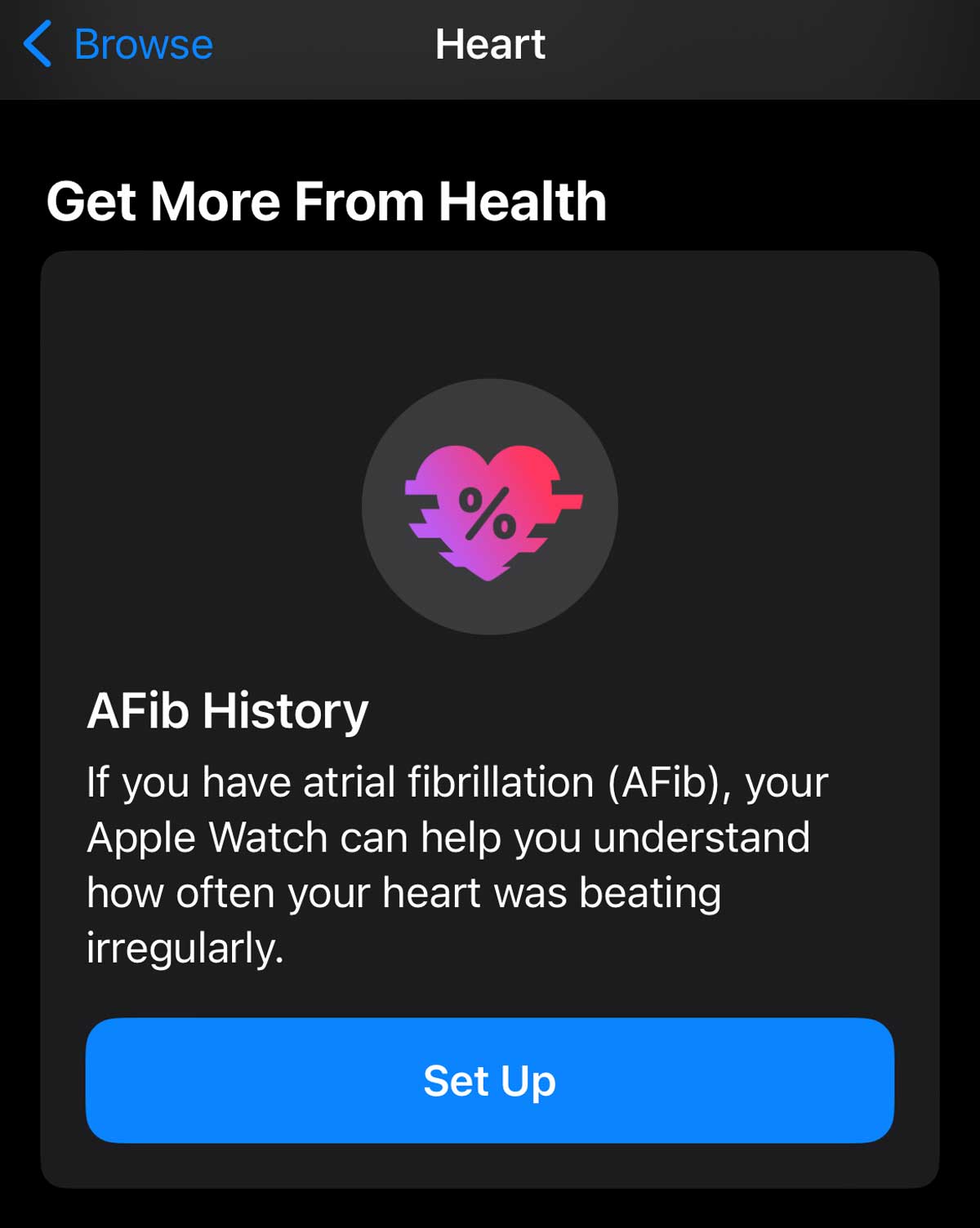
Your Apple Watch can now keep track of an adult’s (22 years and older) Atrial Fibrillation history once diagnosed with AFib by a doctor or healthcare provider.
Apple’s AFib history feature estimates when a user’s heart is in AFib (called AFib burden) and helps users stay informed about lifestyle factors that may influence AFib. You can also share your AFib history with your healthcare team.
Garmin Watch ECG feature and the new Elevate 5 sensor
Garmin released its ECG feature on a few smartwatches this year, with the new Garmin optical heart rate sensor (the Elevate 5.)
The ECG feature was available on the newest Garmin Venu 3 last month. This allows users to capture an ECG trace when they suspect they may be experiencing an AFib episode. 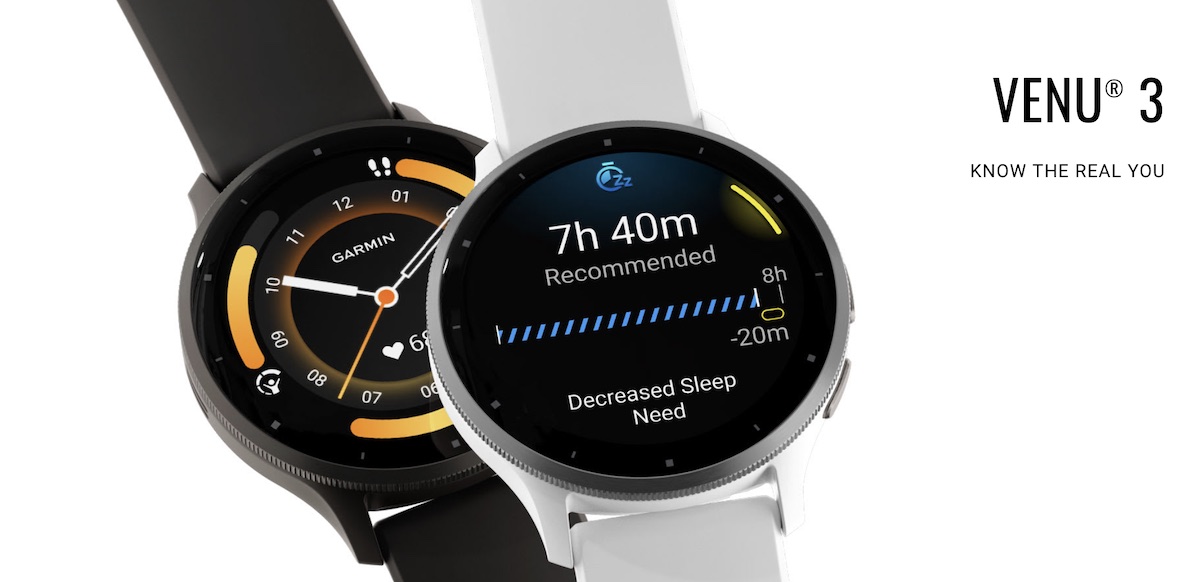
You can use the Garmin Connect app to view your history of ECG app results. You can even export this information as a PDF to share with your doctor.
This feature is less helpful for those who are experiencing AFib but may not be symptomatic. This is where passive scanning for AFib comes in. A few companies, such as Apple and Google, support passive scanning for AFib on their wearable devices.
The Elevate 5 sensor introduces new features on the Garmin smartwatches, such as support for skin temperature monitoring.
If you are interested in a smartwatch with accurate Heart Health monitoring features, the Apple Watch is probably the best choice given the history of AFib monitoring, the ease of ECG monitoring, and the new capabilities around AFib history.

